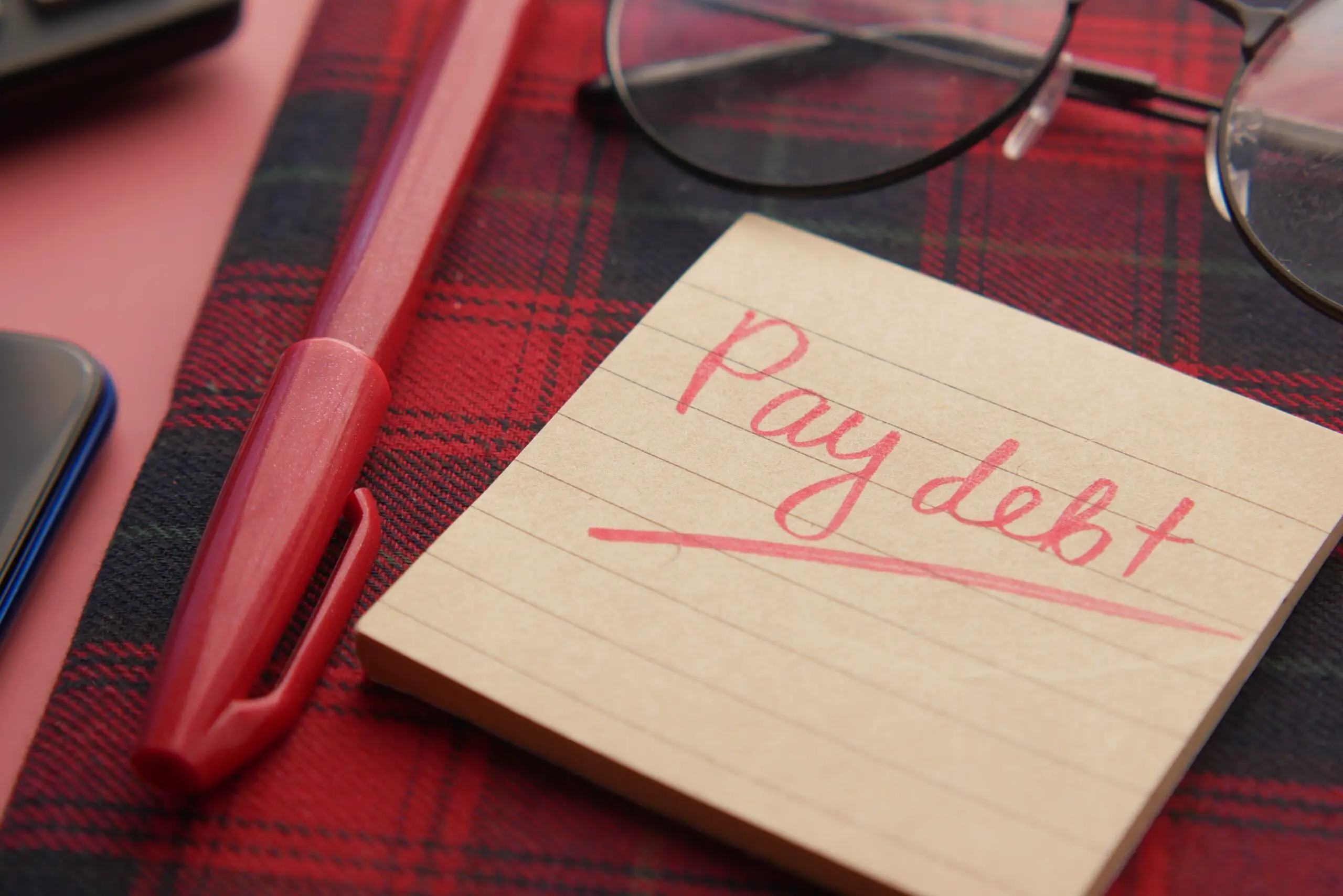Managing debt effectively is a cornerstone of financial health. Whether you’re dealing with a small credit card balance or substantial loans, implementing the right strategies can prevent your debt from snowballing and help you build a stronger financial future. Here’s your comprehensive guide to getting your debt under control.
1. Create a Detailed Debt Inventory
Start by creating a comprehensive overview of your financial obligations. List every debt you owe, including:
- Credit card balances
- Personal loans
- Student loans
- Auto loans
- Mortgage
- Any other outstanding debts
For each debt, record the total balance, interest rate, minimum monthly payment, and due date. Organize this information by interest rate, putting the highest-rate debts at the top. This strategy, known as the debt avalanche method, helps you target the most expensive debts first, potentially saving you thousands in interest charges.
2. Master Your Payment Schedule
Your payment history significantly impacts your credit score – in fact, it accounts for 35% of your FICO score calculation. Set up a foolproof system to never miss a payment:
- Create calendar reminders for payment due dates
- Enable automatic payments when possible
- Schedule bi-weekly payment reviews
- Set up account alerts for upcoming due dates
If you do miss a payment, take immediate action to bring the account current and prevent further damage to your credit score.
3. Push Beyond Minimum Payments
While making minimum payments keeps your accounts current, it’s the slow road to financial freedom. Here’s why paying more matters:
- Reduces the total interest you’ll pay over time
- Accelerates your path to becoming debt-free
- Improves your credit utilization ratio
- Builds positive payment history
Even small additional payments can make a significant difference. Consider allocating any windfalls – tax refunds, bonuses, or side hustle income – directly to debt reduction.
4. Explore Debt Consolidation Options
Consolidation can simplify your debt management and potentially reduce your interest costs. Consider these options:
- Personal loans from banks or credit unions
- Balance transfer credit cards with 0% introductory rates
- Home equity loans or lines of credit (if you’re a homeowner)
However, be strategic about consolidation. Only consolidate debts when the new interest rate is lower than your current rates. Keep in mind that some low-interest debts, like federal student loans, might be better left alone due to their flexible repayment options.
5. Create a Debt-Focused Budget
A solid budget is your roadmap to debt freedom. Here’s how to build one that works:
- Track all income sources
- List essential expenses
- Identify areas for potential spending cuts
- Allocate extra funds to debt repayment
- Review and adjust your budget monthly
Consider using the 50/30/20 rule: 50% for needs, 30% for wants, and 20% for debt repayment and savings. As you reduce expenses, redirect those savings directly to debt payments.
Remember, successful debt management is a marathon, not a sprint. Stay committed to your plan, celebrate small victories, and keep your eyes on the ultimate goal of financial freedom. With consistent effort and the right strategy, you can take control of your debt and build a stronger financial future.
What aspects of this rewrite would you like me to adjust or enhance further?



Pingback: How to Break Free from Debt - JJs FinClub